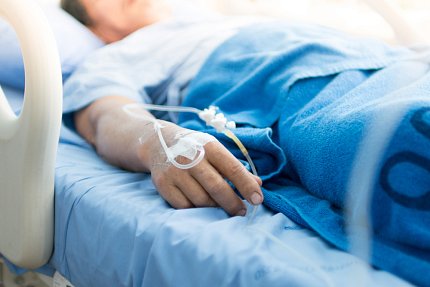Researchers Find Cancer-Like Features in Atherosclerosis
Researchers have discovered that the smooth muscle cells lining the arteries of people with atherosclerosis can change into new cell types and develop traits similar to cancer that worsen the disease.
Monoclonal Antibody Found Protective Against Malaria
One injected dose of an experimental malaria monoclonal antibody was 77% effective against malaria in children in Mali during the country’s six-month malaria season.
Scientists Discover How an Essential Nutrient Enters the Brain
Researchers have discovered that choline, an essential nutrient vital for brain health, is actively transported from the bloodstream into the brain by a protein. The findings may inform the development of new drugs that take advantage of this mechanism to treat brain disorders.
Drug Shows Promise for Slowing Progression of Rare Genetic Disease
A drug used to treat certain bone diseases shows promise for slowing the progression of a rare, painful genetic condition that causes excessive calcium buildup in the arteries, known as arterial calcification due to deficiency of CD73 (ACDC).


